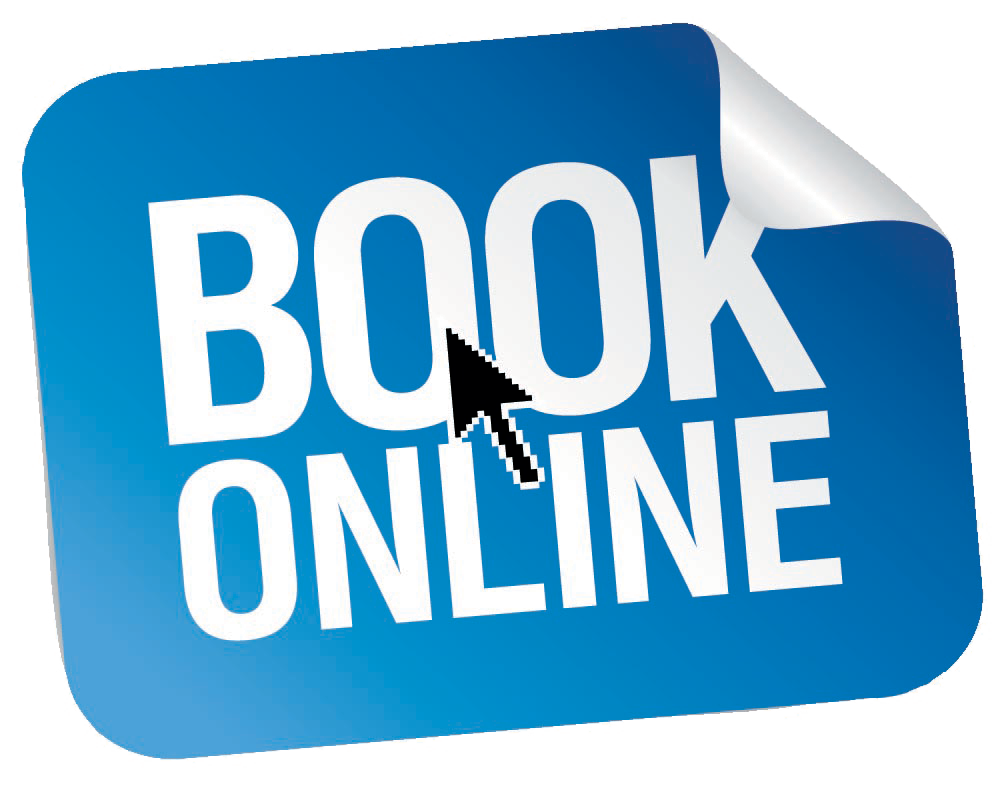There is no translation available.
- Things to bring to your NOASC Ski /Snowboard lesson:
Ski lessons (First Timer to Level 6) & Snowboard lessons (First Timer to Level 6)
|
|
|
|
Please bring a great smile, a healthy "can do it" attitude, and an adequate fitness level for learning to ski or snowboard. If you are a beginner, expect to fall over. |
|
|
|
|
|
Your own skis/boots/poles or snowboard/boots. If you don't have your own, don't worry. NOASC has an extensive and modern rental/hire range from which you can choose from. Beginner, All mountain, Demo, through to your FAT powder skis, or long length powder snowboards. "Get the right tools for the job": start by having the correct type and length of snowboard/skis for your lesson. Have your boots be professionally fitted, binding settings adjusted properly, before your lesson starts. We also have some great discounts to go along with your lesson package. Be sure to enquire at NOASC about our latest range of rentals and availability, before your lesson day. |
|
|
|
|
|
Make sure you wear a helmet. While wearing a helmet is not mandatory, it is highly recommended. Apart from protecting your head in case you fall, or in the case, another skier/snowboard collides with you, it will help to keep you head warm, hold those goggles on for when it starts to snow, etc. If you don't have a helmet, NOASC has a wide range of rental helmets available. |
|
|
|
|
|
Goggles. A good pair of goggles make it so much easier when it starts to snow, and/or if you are skiing/snowboarding in varying terrain, snow conditions and weather across the mountain in more advanced lessons, to see where you are skiing/snowboarding. Goggles with "mirror" lenses for sunny days, and "yellow" lenses for overcast and snowy days should help you see the waybetter. |
|
|
|
|
|
Gloves. A good pair of gloves (and beanie/took/knit cap for your head if you are not wearing a helmet) to keep your hands warm. You hands/head/feet are the first things that feel the cold. If you have a good pair of boots, make sure you also do yourself a favor, and have a good pair of gloves also. While Mitten type gloves keep you hands warmer on cold days, they are not recommended for snowboarding lessons, where you need your fingers to attach straps and release straps when getting in and out of your snowboard bindings. Also, the more you expect to have your hands in the snow, the warmer (more waterproof in spring) you want them to be. |
|
|
|
|
|
Appropriate wear for the conditions on the day. Based on your lesson type, expected conditons on the day, consider face-masks, neck warmers, and ski/snowboard jacket/pants with powder skirts built-in. HOT Tip #: In Niseko, and surrounding resorts, electronic lift passes are used to get access to the lift through a gate. These passes need to be placed close to/brought close to a sensor pad on your left side, when going through the gate. Ski/snowboard wear with an arm/sleeve pocket on the outside is a real help. If not, maybe some gloves with a built-in lift pass pocket on the top side of the glove make things easier. |
For Intermediate and above Ski lessons (Level 6+) & Snowboard lessons (Level 6+) |
|
|
|
Consider a small backpack. If you will be going off-piste, or outside the resort boundaries (backcountry) you might need some basic backcountry safety equipment and a . We also have some great discounts to go along with your lesson package. Be sure to enquire at NOASC about our latest range of rentals and availability, before your lesson day. |
|
|
|
|
|
Appropriate ski/snowboard type and length. These days, with the every changing technologies "Get the right tools for the job": start by having the correct type and length of snowboard/skis for your lesson. If you are going to be skiing/snowboarding off-piste (in powder) consider hiring/demo'ing a longer snowboard or fatter skis. You will be amazed at the difference. |
|
|
Backcountry Safety & Rescue gear. On these lessons you will most likely be skiing/snowboarding outside the resort boundaries and require an avalanche beacon, probe pole, snow shovel, snow saw, and other snow study items. Please contact NOASC to find out what you require. |
|
|
Other equipment based on your lesson duration. |
Other:
|
|
| |
Appropriate Insurance. All participants must read and sign an “Assumption of risk and Wavier of liability” form prior to participating on a NOASC tour. Persons under the age of 20 years of age will require a parent or guardian to sign also. |
| Although, basic insurance is included in the tour price, we recommend persons to have their own adequate insurance. For non-Japanese residents, we strongly recommend that you have adequate travel insurance coverage prior to participation. | |



.jpg)


